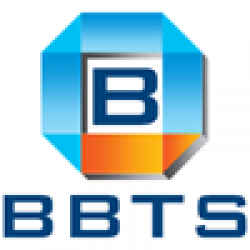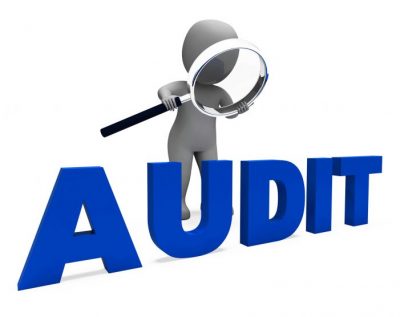It’s every taxpayer’s worst nightmare: A notice from the Canada Revenue Agency (CRA) informing you that you’re going to be audited.
The CRA will send out around 30,000 such letters this year.
While it is impossible to say how likely it is for a given individual or business to be audited, here are some general guidelines about audit risk:
- Business are far more likely to be audited than are employees.
- GST/HST is the most common source of CRA tax audits.
- Submitting a request to amend a prior income tax or GST/HST return will often trigger audit activity.
- Industries with a record of poor compliance (such as construction, retail or the restaurant industry). The CRA has singled out those industries, where businesses are often heavily cash-based, for extra scrutiny due to high rates of tax evasion.
- Keep reporting rental and/or business losses.
- Reported drastic swings in income, especially if self-employed.
- Income doesn’t match your postal code. Are you making significantly less than your neighbors?
- Taxpayers with “outlier” claims – compared to their own tax history or the history of other taxpayers similar to them – are much more likely to be tagged for audit. For businesses similar taxpayers are found in the same industry and for individuals similar taxpayers can be compared in the same neighborhood, postal code or employment type.
- Employees who have untaxed employer benefits such as use of company vehicles, parking spaces, travel and entertainment are at higher risk of audit.
- Large funds transfer, particularly made internationally, are reported to the Federal Government and can raise audit flags with the CRA.
Each year the Canada Revenue Agency refines the way it analyzes taxpayer information and attempts to identify and audit taxpayers with “high risk” indicators.

